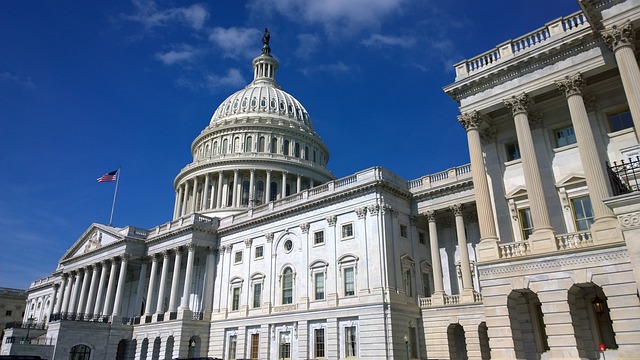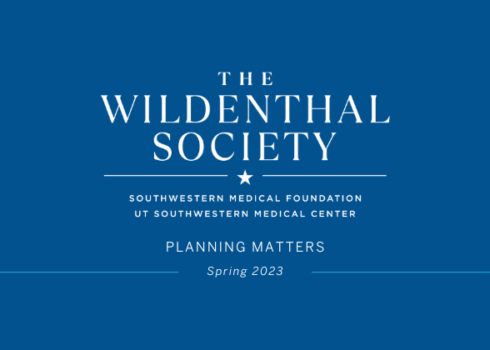On December 29, 2022, President Biden signed into law the Consolidated Appropriations Act of 2023. The new legislation includes a section on retirement benefits known as the Secure Act 2.0. These changes bring enhancements to retirement planning and will impact charitable giving. There are three major provisions of the Secure Act 2.0 related to charitable gift planning.

Major Changes in Secure Act 2.0
1. Required Minimum Distribution (RMD) Age Increased
The age for persons to take the Required Minimum Distributions (RMD) from qualified retirement plans has been increased to 73 in 2023 and to 75 by 2033. Changing the age limit allows people to maintain their retirement plan balances and enjoy tax-free growth for a longer period of time before taking distributions.
Left unchanged, however, is the age at which an individual can make a Qualified Charitable Distribution (QCD). On or after reaching the age of 70 ½, you can still make a (QCD) directly from an IRA to a qualified charity such as Southwestern Medical Foundation.
2. Qualified Charitable Distributions (QCDs) Indexed for Inflation
Starting in 2024, the current charitable distribution limit of $100,000 annually per IRA owner will be indexed for inflation.
This planned giving strategy is very popular. It allows distributions from IRAs to qualified charities without recognizing income. An added benefit is QCDs count as required minimum distributions (RMD). As QCD limits increase, larger charitable gifts will be possible from this gift type.
3. Secure Act 2.0 Establishes New Life-Income Gift Through an IRA
A one-time distribution of $50,000 from an IRA to a qualified charity can be used to fund a life-income gift. A life-income gift allows you, either alone or with a loved one, to receive lifetime payments from a charity or a trust that benefits a charity. Charitable remainder trusts and charitable gift annuities qualify as life-income gifts.
Setting up and administering charitable remainder trusts can be expensive. The practical impact of this legislation could increase the number of charitable gift annuities established by donors.
Start the Conversation
Planned giving is an important part of your retirement plans. This new legislation brings an opportunity to review your retirement strategy and its potential impact on your charitable giving. We at Southwestern Medical Foundation will be happy to discuss how your charitable giving can be enhanced by the new laws. Please contact us to arrange a time to have a conversation.
To contact Randy Daugherty, please call (214) 648-3069 or email him at randal.daugherty@utsouthwestern.edu.
This information is not tax, legal or financial advice. Consult your tax advisor for information specific to your situation.

About the Author
Since 2000, Randy Daugherty has served as Director of Planned Giving for Southwestern Medical Foundation and UT Southwestern Medical Center. He works with donors to suggest bequest language to share with attorneys, establish charitable gift annuities and charitable remainder trusts, utilize beneficiary designations for retirement plan accounts and explore gifts of other non-cash assets like real estate and life insurance. After receiving a Master of Divinity degree from Vanderbilt University, Randy began a career in development, working in higher education, the arts and in academic medicine. He received the Chartered Advisor in Philanthropy designation (CAP) through the American College of Financial Services.



